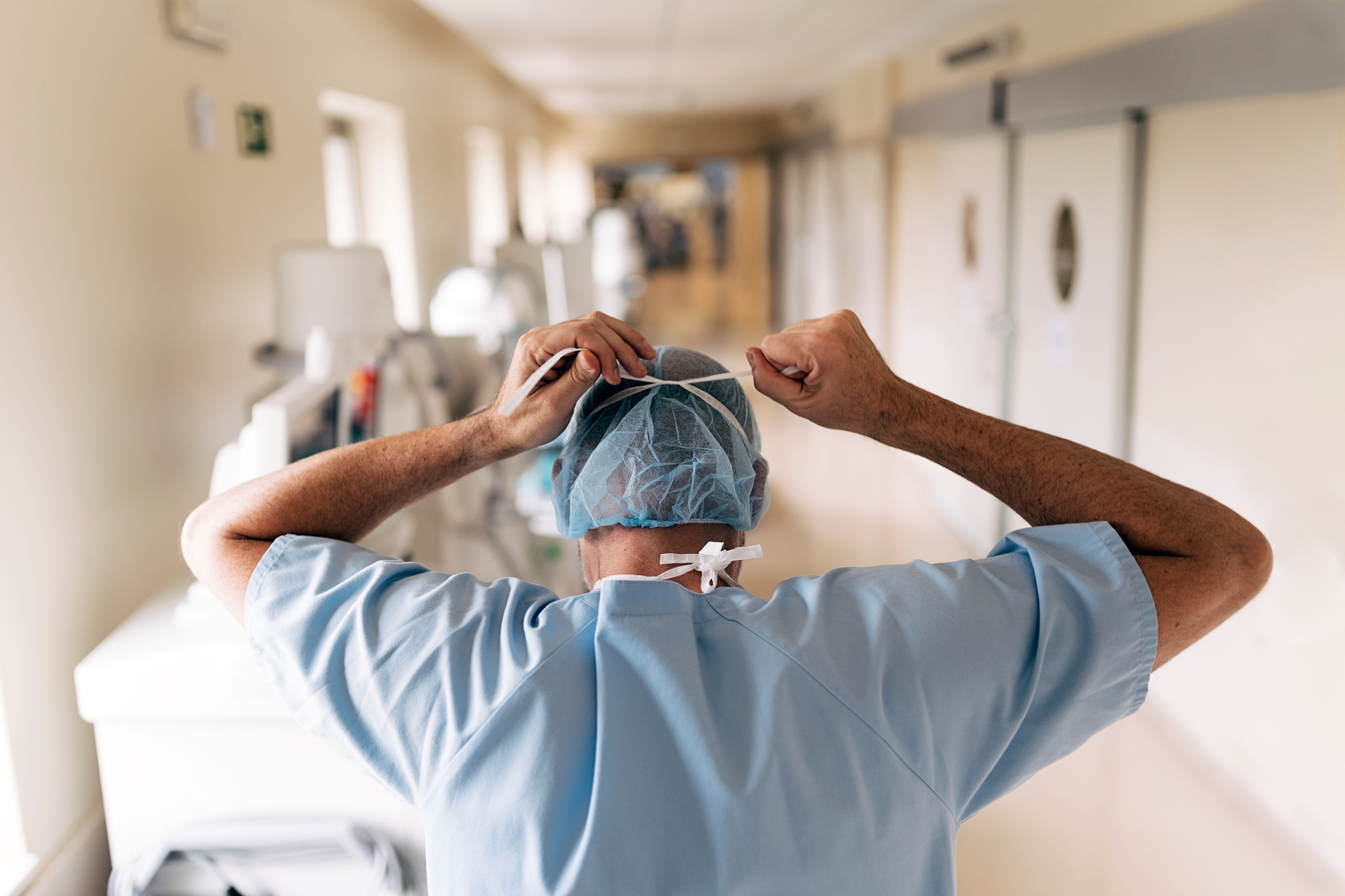The COVID-19 outbreak has shed new light on first responders: Doctors, nurses, EMTs, firefighters, and others who are on the front line of the response. But as you might suspect, all these people have families too. The anxiety they are feeling is likely high, as they work long hours fighting a pandemic that they too are at risk of contracting.
If you are a first responder, or one is in your family or close circle of friends, there are things you can do to reduce what is known as secondary traumatic stress (STS). According to the National Child Traumatic Stress Network, STS is the emotional duress that results when an individual hears about the firsthand trauma experiences of another. Each year more than 10 million children in the United States endure the trauma of abuse, violence, natural disasters, and other adverse events.
While STS is often associated with children, it also applies to professionals involved in the care of traumatized individuals and their families. According to the Centers for Disease Control and Prevention, signs of STS are:
- Excessively worry or fear about something bad happening
- Easily startled, or “on guard” all of the time
- Physical signs of stress (e.g. racing heart)
- Nightmares or recurrent thoughts about the traumatic situation
- The feeling that others’ trauma is yours
So what can first responders do besides learn to identify the symptoms? The CDC recommends the following self-care tips:
- Limit working hours to no longer than 12-hour shifts.
- Work in teams and limit the amount of time working alone.
- Write in a journal.
- Talk to family, friends, supervisors, and teammates about your feelings and experiences.
- Practice breathing and relaxation techniques.
- Maintain a healthy diet and get adequate sleep and exercise.
- Know that it is okay to draw boundaries and say “no.”
- Avoid or limit caffeine and use of alcohol.
It is also important to remind yourself that:
- It is not selfish to take breaks.
- The needs of survivors are not more important than your own needs and well-being.
- Working all of the time does not mean you will make your best contribution.
- There are other people who can help in the response.
Responding to disasters can be both rewarding and stressful. Knowing that you have stress and coping with it as you respond will help you stay well, and this will allow you to keep helping those who are affected.







